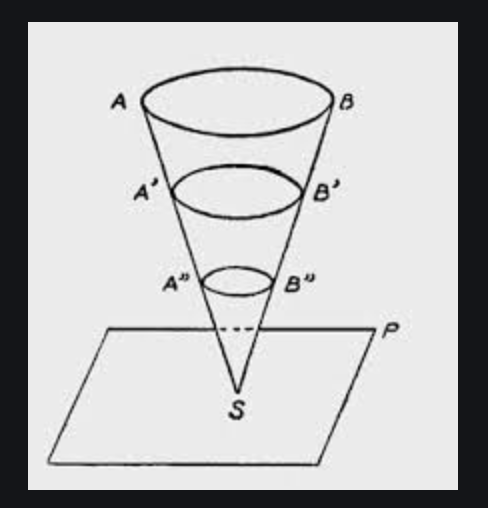It is common to think of human perception as essentially causal in nature, to think of perception as something that happens when the world impinges on us, causing us to react to it. This view mistakes perception as passively reactive to the causal powers of the world around us and misunderstands the role perception can play in our practical reasoning. An instance of perception can function as a reason for action and not merely play a causal role in a chain of events; for example, if I see that you are upset and comfort you, my perception of your sadness functions as a reason for comforting you. In this course, we will examine perception’s capacity to function as a reason for acting and not merely as a one more link in a causal chain. The course is structured around the wager that the key to understanding perception’s capacity to be a reason for acting is the role that memory plays in shaping our capacities for perception. We will trace competing accounts of relations between memory and perception from the history of philosophy, paying particular attention to modern and contemporary accounts of memory and perception, and focusing especially on the work on Henri Bergson. The course opens and closes with careful attention to Bergson’s Matter and Memory; this attention is attenuated and sustained by examining accounts of memory from Elizabeth Anscombe, Friedrich Nietzsche, Sigmund Freud, Maurice Merleau-Ponty, Walter Benjamin, James Baldwin, and Stanley Cavell. We will also watch movies by Orson Welles, Chris Marker, and others.
